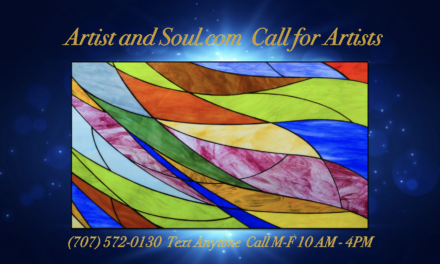Why is Art Important?
Art holds profound significance in human society, serving as a mirror reflecting our culture, emotions, beliefs, and aspirations. Its importance spans various aspects of life, influencing individuals, communities, and societies in profound ways. Here are several reasons why art is considered important:
1. Expression of Creativity and Imagination
Art provides a platform for individuals to express their creativity, imagination, and unique perspectives. Through various forms such as painting, sculpture, literature, music, and dance, artists convey emotions, ideas, and experiences that transcend language barriers and connect with audiences on a profound level.
2. Reflection of Culture and Identity
Art reflects the cultural heritage, traditions, and identity of a society. It serves as a visual and narrative record of history, documenting the values, beliefs, struggles, and triumphs of different cultures and civilizations. Through art, individuals gain insights into diverse cultural experiences and foster a sense of connection and understanding.
3. Catalyst for Social Change
Art provokes thought, challenges norms, and inspires action. Artists often address social, political, and environmental issues through their work, sparking conversations and advocating for change. Art can be a powerful tool for raising awareness, promoting empathy, and fostering social justice movements.
4. Emotional and Psychological Well-being
Engaging with art has been shown to have positive effects on mental and emotional well-being. Whether creating, viewing, or interacting with art, individuals experience catharsis, self-expression, and emotional resonance. Art therapy is a recognized form of psychotherapy that harnesses the healing power of art to address trauma, stress, and mental health challenges.
5. Enhances Critical Thinking and Problem-Solving Skills
Art encourages critical thinking, creativity, and innovation. By engaging with artworks, individuals develop observational skills, analyze complex concepts, and interpret abstract ideas. Art education fosters cognitive skills such as problem-solving, lateral thinking, and decision-making, which are valuable in various fields.
6. Promotes Cultural Exchange and Dialogue
Art transcends geographic and linguistic boundaries, serving as a universal language that fosters cultural exchange and dialogue. Art exhibitions, festivals, and collaborations bring together artists and audiences from diverse backgrounds, fostering mutual understanding, appreciation, and collaboration.
7. Economic and Cultural Value
Art contributes to the economy through various channels, including tourism, creative industries, and cultural exports. Artistic endeavors generate employment, stimulate economic growth, and enhance the vibrancy of communities. Additionally, art enriches the cultural landscape, attracting visitors, enhancing quality of life, and contributing to a sense of identity and pride.
In essence, art is not merely a form of entertainment or decoration but a fundamental aspect of human existence that shapes our perceptions, emotions, and interactions with the world. Its importance lies in its ability to inspire, challenge, heal, and unite individuals and communities across time and space. As we celebrate the diverse expressions of art, we recognize its enduring impact on society and the profound role it plays in shaping our collective human experience.
See JeanetteJoy.com for free artist publicity.




